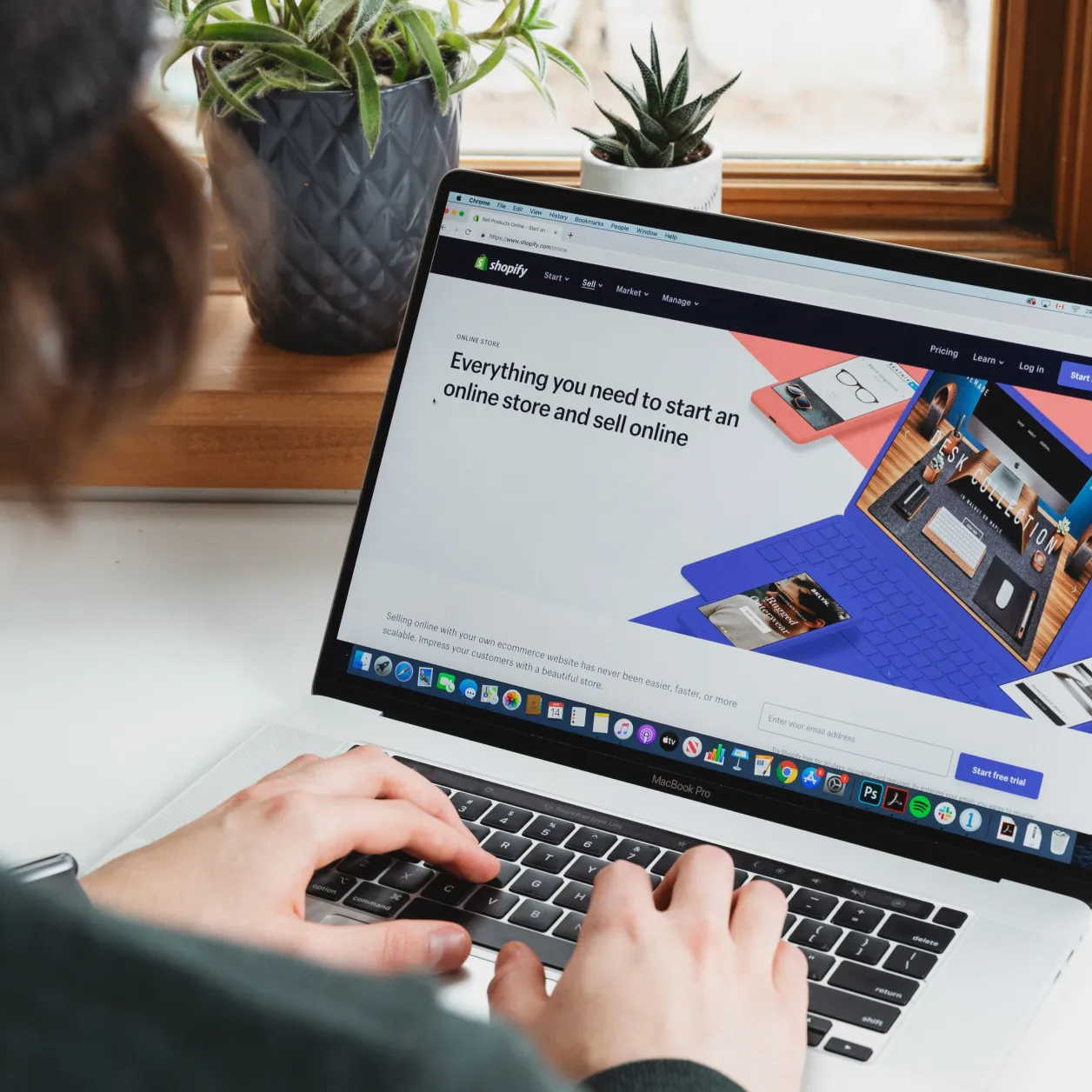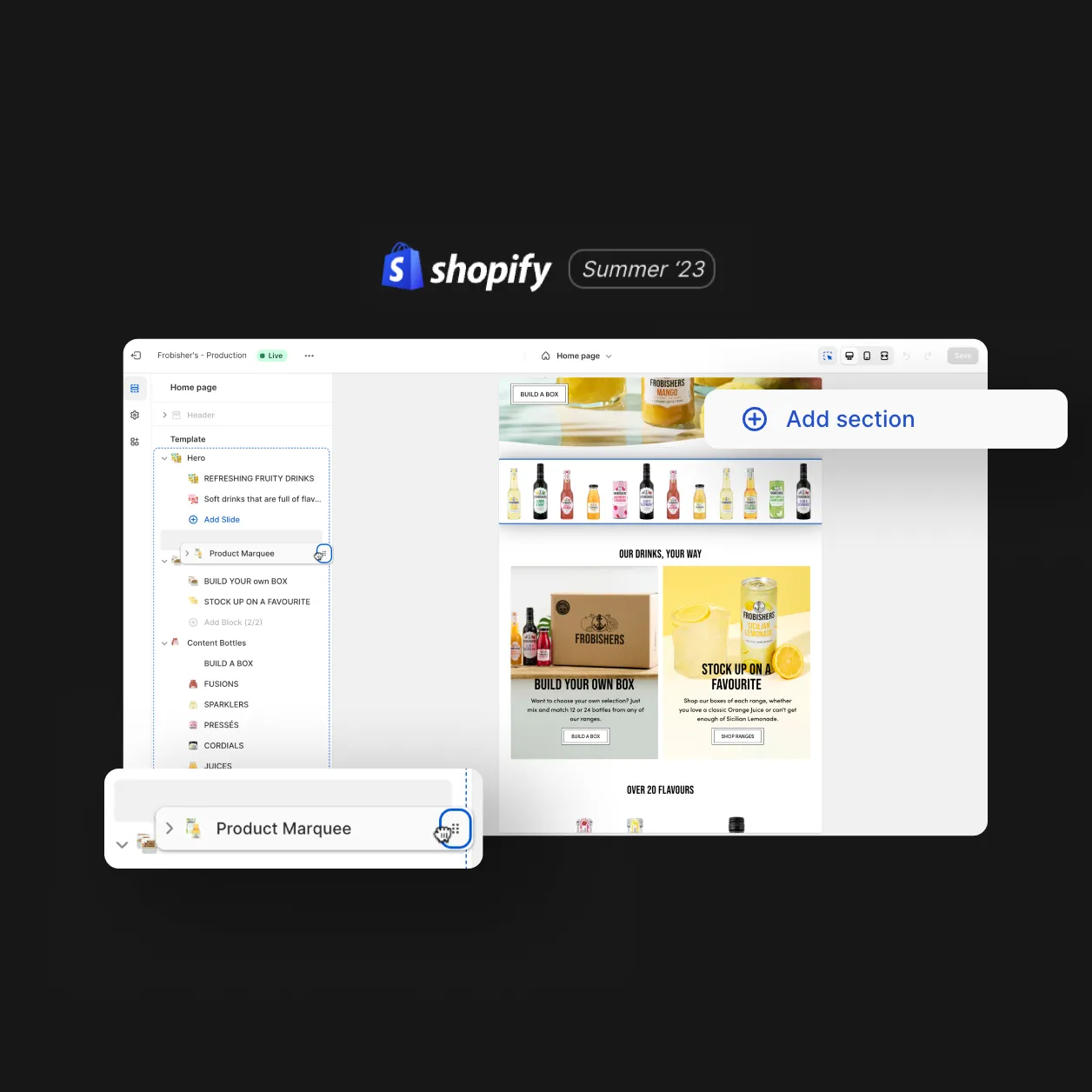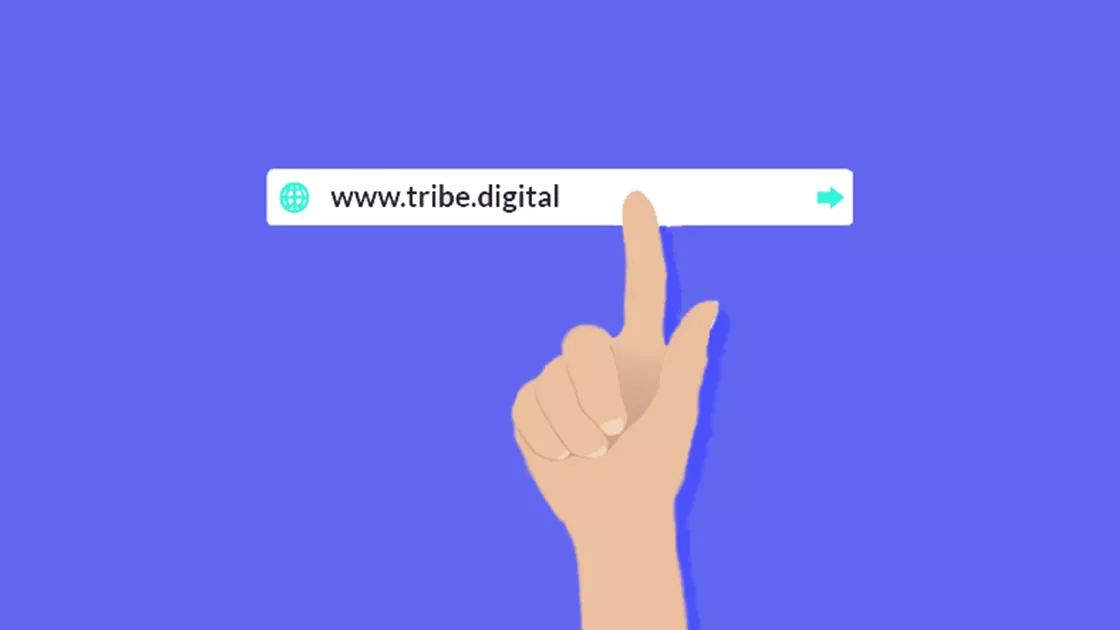
In this post we will address the questions surrounding URLs we seem to get asked most by people setting up a new website.
URL stands for ‘Uniform Resource Locator’. These are the addresses used to direct people to you’re your corner of the web which traditionally ended in ‘.co.uk’ or ‘.com’. URLs are also used for FTP file transfers, JDBC (accessing / queries and data within a database) & email (mailto:) requests, but that’s for another day.
If I ‘buy’ a URL it’s mine forever?
URLs are rented – so stay on top of when they expire or set up the automatic renewal from your domain address provider so that your website doesn’t disappear one day. You’ll always be warned before they expire but it’s worth double-checking. If an agency/web developer looks after this service for you ensure they don’t charge you an inflated rate for renewal every year – URLs don’t cost much to renew and don’t need to be given a yearly expiration date either!
What happens if I don’t renew my domain?
If you ignore all the warning emails your provider will bombard you with (remember they want you as a customer), then you have 30 – 90 days to make a decision beyond the expiry date. This is known as the redemption period – try and avoid this as there is a fee associated with re-registering. After the redemption period elapses the domain goes on to the ‘open market’ – this is a loose term as drop catching domain services buy desirable URLs up very quickly and sell them on for a premium price.
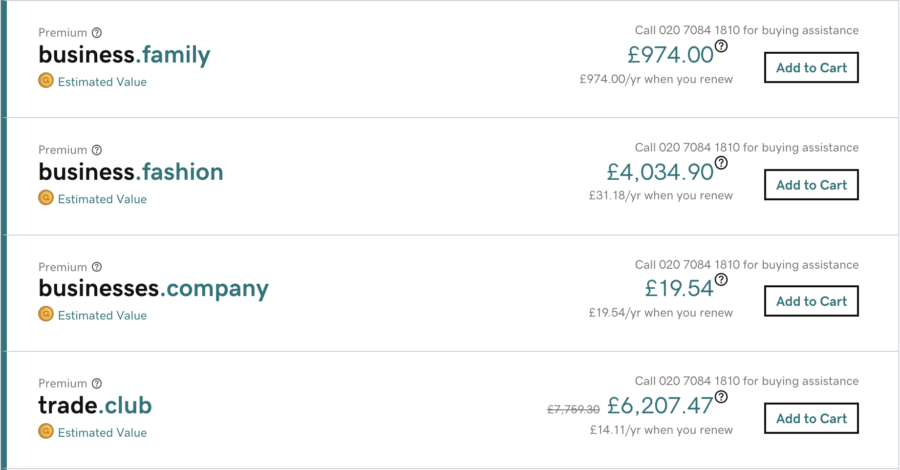
How can I buy one of these expiring domains?
Most domain registrars will provide this back-ordering service on their site, many will tell you when that domain expires too.
A tactic used by many SEO’s involves finding once popular (usually bankrupted) business sites in a similar business sector, buying it and then redirecting that domain into their own website.
How can I find out who owns a URL?
WHOis is a free service to list who owns a web domain address. Some people will enable their WHOis privacy to prevent this from occurring but most URLs don’t as it costs extra.
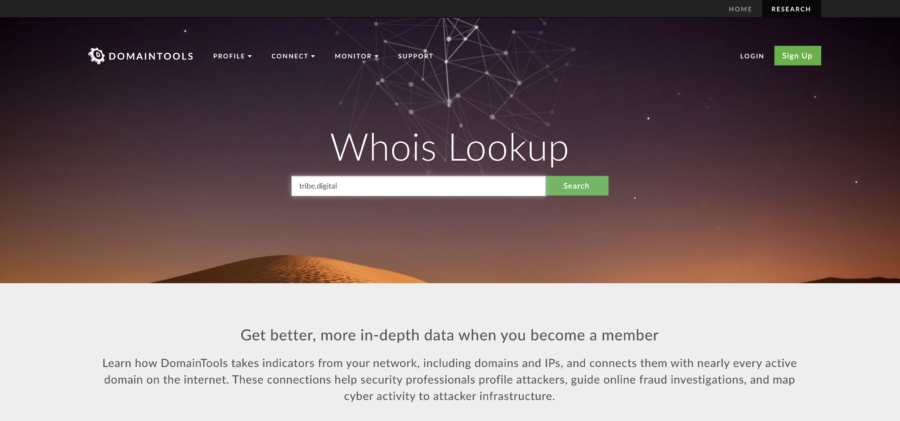
Should I get a URL that describes what I do, rather than my brand name?
This type of URL is called an ‘exact match domain’, several years ago they was far more prevalent and had a bigger impact on SEO but now their influence is lessening & from a brand perspective they don’t look professional. If you own any of these types of domains just redirect them into your primary website but if you’re debating buying one its not a top priority.
Example of an exact match domain: Exeter-Property.com / BestMarketingAgency.co.uk
Is it important to buy as many variants of my brand URL as possible?
If you can, it doesn’t hurt owning these domains as it will stop competitors buying them or new companies infringing on your brand. Again, set up a redirect into your preferred domain to avoid duplicated sites.
Example: Tribe-digital.co.uk, tribedigital.com, tribedigitaluk.com
Does it matter if I have a messy URL structure?
It does! If possible the tidier your URL structure the better. This improves navigation for your customers as well as the search engines that index your site to see what you do and subsequently where to rank what you do.
Try and create a semantic structure for your URLs, for example on the Tribe Digital website deeper pages within the site have a structure that indicates where they belong:
- https://www.tribe-digital.local/
- https://www.tribe-digital.local/resources/
- https://www.tribe-digital.local/resources/the-imitation-game
Someone else has the URL I want, can I buy it from them?
This is true to an extent but only if they’re willing to sell that URL. A domain seller (eg: 123reg.com) will obviously be willing to sell a domain to you – that’s their business model. However, if the domain is owned by a business then you will likely have to pay in order to get what you want. Even then the value of a brand name can be higher, we know someone who turned down £250,000 from a large multinational for their domain name because that domain was key to ‘their business’ – so don’t expect to always get what you want.
I’m setting up a new site and all the best URLs are gone!
Yes, that is quite likely. When URLs were first standardised by Tim Berners-Lee and his team in 1994 they didn’t expect it would become so globally widespread. The original batch of .com / co.uk and subsequently .net / .info / .orgs were quickly used up. However, in the past year we’ve seen the widespread release of industry-specific URLs – tribe.digital being one of them!

These new URLs are especially useful if you have a generic brand name, such as ‘Smiths Cleaning’ and were struggling to find a shorter, ‘cleaner’ URL for your new business.
- SmithsCleaning.London
- SmithsCleaning.services
- SmithsCleaning.agency
- Rather than smithscleaning1.com
The most important thing to bear in mind is your brand. While leaving out a letter may mean you can get the URL you want (eg: our new made-up train ticket aggregator called ‘train ticketz’) it might not look professional and for smaller businesses Google autocorrect can become your worst nightmare. Next time you look for ‘calendly’ or ‘optimizely’ – you see what we mean.
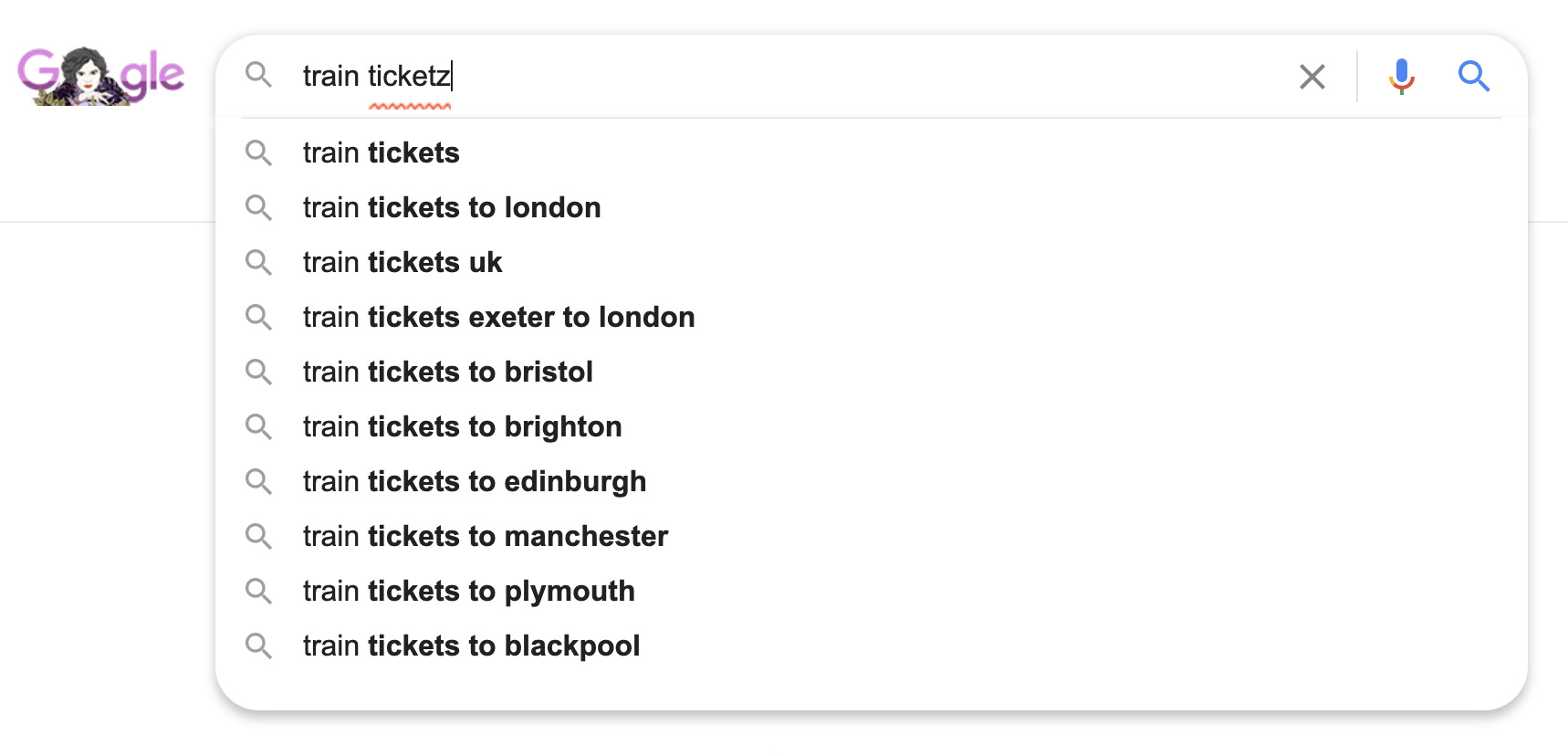
If you’re in the process of setting up a new website or buying a potential new business URL and how any further unanswered questions please contact us – we’re here to help.
Design
Inspiring behaviour change through visual experiences. Our digital design services ensure instant clarity and visuals that cut-through in a cluttered market.


